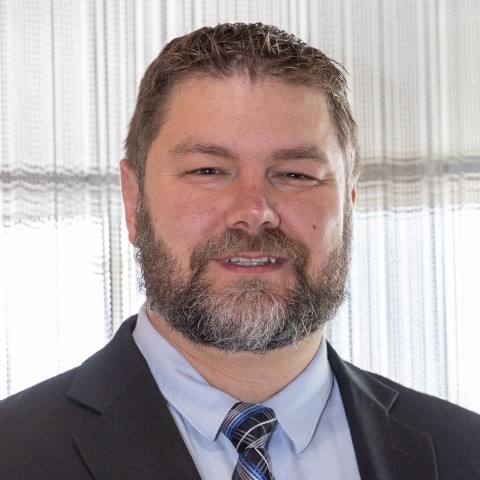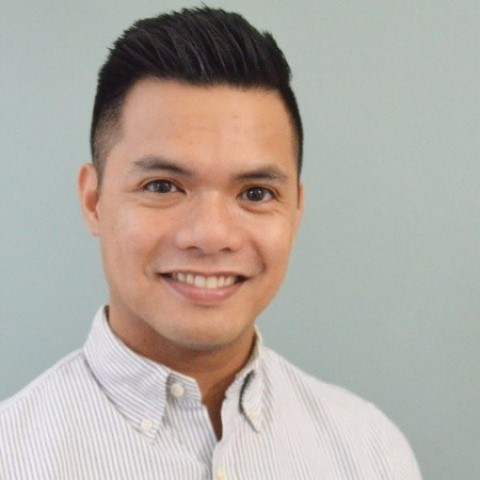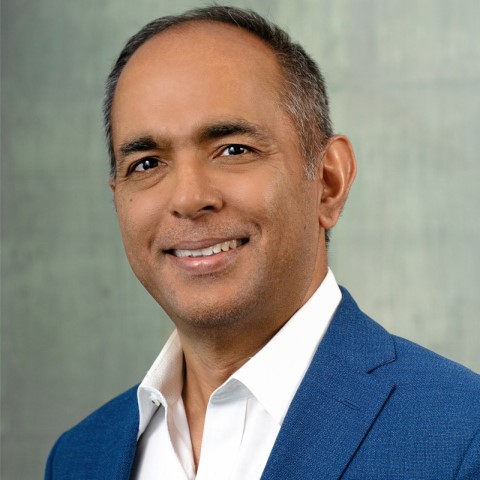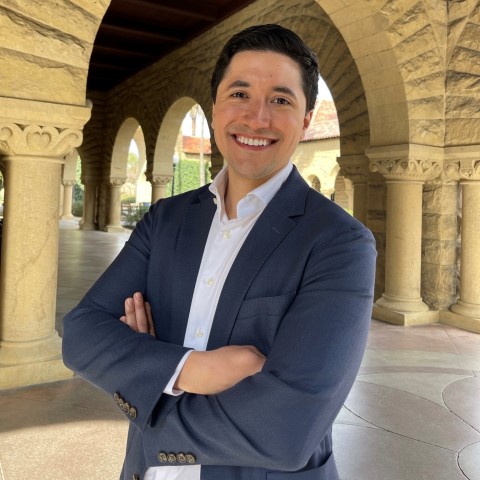Webinar
Accelerating Plastic Recycling using Virtual Reactor Technology
Plastic waste is a global problem. Hundreds of millions of tons of plastic waste are generated annually with less than 10 percent recycled. Most of the waste stream is mismanaged and ultimately landfilled, incinerated, or left polluting the natural environment.
Join leading researchers, innovators, and engineers to learn more about the plastic waste crisis and advanced recycling technologies that are being developed. You’ll explore how the CPFD Barracuda Virtual Reactor simulation software leverages the full NVIDIA stack to accelerate the development and commercialization of advanced recycling technologies and how, running on Microsoft Azure, the solution can model trillions of fluid particles over 500X faster than serialized CPUs.
Content goes here
content goes here
Content goes here
Content goes here

Peter is Vice President of Operations at CPFD Software with 20+ years’ experience developing and applying specialized computational fluid dynamics (CFD) technologies. Peter is passionate about removing the guesswork surrounding the design and operations of fluid-particle processes through intelligent use of digitalization technology. Peter holds a Master's of Applied Science degree from the University of Toronto.

Kit Windows-Yule is a Turing Fellow, a two-time Royal Academy of Engineering Industrial Fellow, and an Associate Professor in Chemical Engineering, working jointly with the School of Physics and Astronomy’s Positron Imaging Centre. Kit’s research interests concern the dynamics of particulate, fluid, and multiphase systems, and the development of novel experimental and numerical methodologies through which these systems can be explored. Kit is also a part of the Birmingham Plastics Network, an interdisciplinary team of more than 40 academics working together to shape the fate and sustainable future of plastics. This unique team brings together chemists, environmental scientists, engineers, philosophers, linguists, economists, artists, writers, lawyers, and experts in many other fields, to holistically address the global plastics problem.

Carlo Badiola leads Encina’s team in engineering design, technology development and implementation, operations and maintenance, and continuous asset value improvement. He previously served as a technical expert for the ExxonMobil Corporation with a focus on pyrolysis steam cracking, field operations, and commodity product optimization. He provided leadership to commercialize novel technology concepts into ExxonMobil’s pyrolysis steam cracking fleet. His work optimized bottom-line results in chemical processing facilities through improved fleet availability and enhanced performance. Mr. Badiola holds B.S. degrees in both Mechanical and Chemical Engineering as well as an M.S. degree in Chemical Engineering, all from the New Jersey Institute of Technology. He has also completed extensive prior research in the areas of high temperature combustion, metallurgy and material characterization. He has authored several publications related to combustion science and material synthesis.

Based out of Dallas, Texas, Manish has 30+ years of experience providing IT system consulting solutions working with small, medium and large enterprises in several industries, including energy. At Microsoft, he brings a mix of his expertise in high performance computing, AI-ML, and enterprise architecture business acumen to help customers in the energy industry plan the migration of their legacy and new emerging high performance computing (HPC+AI) workloads in the Azure HPC cloud. Prior to Microsoft, Manish spent 20+ years at Oracle and Sun Microsystems and 9+ years at PricewaterhouseCoopers MCS and Tata Consulting Services, where he planned, architected and migrated large enterprise workloads and business solutions in multi-cloud environments, including Microsoft Azure, Oracle Cloud Infrastructure, AWS, and GCP.

Reynaldo Gomez earned his B.S. in nuclear physics from the University of Texas in 2013 and is now working toward an M.S. in management science and engineering from Stanford. He spent three years at Schlumberger WesternGeco as a geophysicist before moving to IBM and eventually landing on the Energy team at NVIDIA. Reynaldo manages the partner ecosystem for the energy vertical with a focus on machine learning, deep learning, and high performance computing.
Content here
Webinar: Description here
Date & Time: Wednesday, April 22, 2018